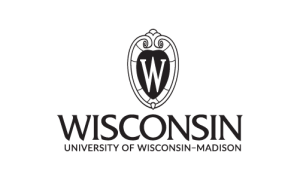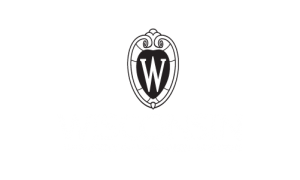Silvio Waisbord
Populism and Post-Truth: Time to Revisit Normative Models of Public Communication?
For much of the past century, communication scholarship assumed a perfectly structured public order with distinctive media systems, a dominant and cohesive press atop the information pyramid, and neatly divisions between media producers and consumers.
SESSION 1
News Media, Populism, and Political Communication
Focus
- News Media
- Populism
- Political Communication
Such order had enormous flaws…
for cultivating a vibrant and informed citizenship. I suggest that we are now confronted with a new crisis driven by unprecedented structural changes in the production, circulation, and consumption of public information. The current chaos of public communication raises different challenges that cannot be fully captured by old diagnoses.
Collapsed news gatekeeping and fractured communication commons set new problems, namely, the spread of misinformation, the fragmentation of truth-telling, and the selective avoidance and partisan trust of media and information.
The concept of “post-truth politics” captures the current troubles.
“Post-truth” refers to the mainstreaming of factless convictions impervious to corrections and constant disinformation by myriad institutions and groups.
Such conditions provide ground for the thriving of post-truth politics that populism embodies – the rejection of progressive principles underpinning democratic communication. They make truth-telling, tolerant, and reasoned communication as a common public project uncertain, if not forever compromised.

